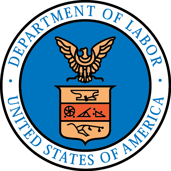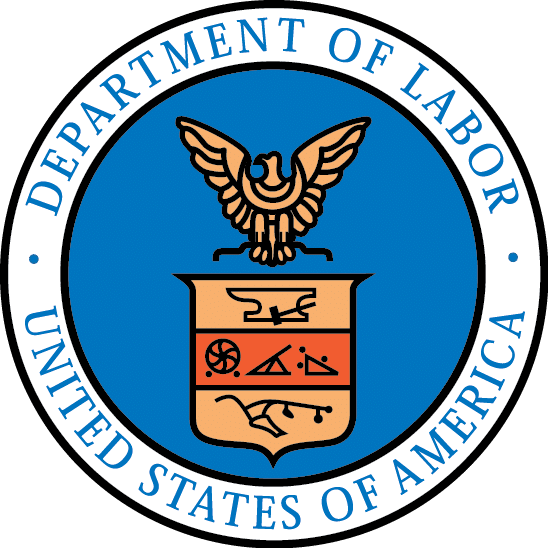The McNamara-O’Hara Service Contract Act and what It means for Your GSA Contract
GSA Schedule | Government Business Development | Resources and Insight | Contracts | DoD | False Claims Act | SCA | 3 Min Read
One of the trickiest areas of compliance for federal government contractors is following the regulations of the McNamara-O’Hara Service Contract Act (SCA) of 1965, for services that are non-professional in nature.
 FAR Subpart 22.10 was recently updated to call this regulation the Service Contract Labor Standards, however, in practice you will still hear it commonly referred to as the SCA. With this update contractors saw major changes to the wage determinations.The SCA of 1965 was amended to ensure that businesses who worked in the service industry observed minimum wage standards as well as safety and health standards, when doing business with the Federal Government, District of Columbia, Puerto Rico, the Virgin Islands or the Outer Continental Shelf Lands.
FAR Subpart 22.10 was recently updated to call this regulation the Service Contract Labor Standards, however, in practice you will still hear it commonly referred to as the SCA. With this update contractors saw major changes to the wage determinations.The SCA of 1965 was amended to ensure that businesses who worked in the service industry observed minimum wage standards as well as safety and health standards, when doing business with the Federal Government, District of Columbia, Puerto Rico, the Virgin Islands or the Outer Continental Shelf Lands.
If you’re unsure whether or not your contract will be subjected to the SCA regulations, applying the applicable Federal Acquisition Regulation (FAR) clause (FAR Clause 52.222-41) may help in determining if it is or not. If the contract or solicitation has the following factors within it, there is a good chance SCA regulations will apply:
- If the contract is awarded by the United States Government or the District of Columbia
- The contract is principally one for services that will be performed by “service employees” (a term that includes independent contractors, temporary and contract workers) who are not exempt under the Fair Labor Standards Act
- If the contract is expected to exceed $2,500
- At least some portion of the services will be performed in the United States or its territories
There are several exceptions to the SCA requirements, including contracts for construction, alteration and/or repair, manufacturing or supplying products and lastly contracts that have work covered by the Walsh-Healey Public Contracts Act. In order to see if your contract is exempt from SCA requirements, take a look at Title 29, Part 4 of the Code of Federal Regulations, Section 4.123(d) which outlines all of the SCA exemptions.
Wage Determinations under FLSA and SCA
The appropriate wage rates and fringe benefits that are required should be outlined under the SCA wage determination, included within the contract. To determine the minimum requirements you should reference the county where you perform the preponderance of work. If there is no wage determination within the contract, employers must observe the federal minimum wage regulations outlined in the Fair Labor Standards Act (FLSA) section 6(a)(1) rather than the SCA regulations.
As stated previously, the SCA expresses that service employees performing any government work under a service contract that exceeds $2,500 cannot be paid less than the monetary wages and must be granted fringe benefits. If your agencies contract is less than or equal to $2,500 you are not subject to prevailing rate determinations or to the safety and health requirements of the act. Though, the SCA requires that employees must observe the federal minimum wage regulations established within the FSLA. Contractors with less than five employees must also uphold the SCA wage determinations as long as the service contract exceeds $2,500.
Consequences for Not Observing the SCA
SCA requirements can present many challenges and troubles to government service contractors if the proper steps in the pre-award stages are not taken into consideration. Having a thorough understanding of those requirements is important, especially if you’re a looking to become a prime contractor or subcontractor for the government. If you do not observe the SCA, there are several potential consequences.
If a contractor violates the SCA, the Department of Labor (DOL) has the authority to withhold contract funds in order to reimburse underpaid employees, terminate the contract, hold the contractor liable for associated costs to the Government and debar that contractor from future government contracts for a period of three years. Current contractors can determine if they’re in compliance with current wage determinations by checking the posted requirements on wdol.gov or through the e98 process.
If you’re a service contractor for the government and have SCA applicable labor categories, it is imperative that you perform an internal self-audit to ensure your employee compensation and record keeping is current and accurate. Being on the wrong side of a DOL Wage and Hour Division investigation could be detrimental.
Do you have any further questions? Comment below or contact us. We're here to help!





